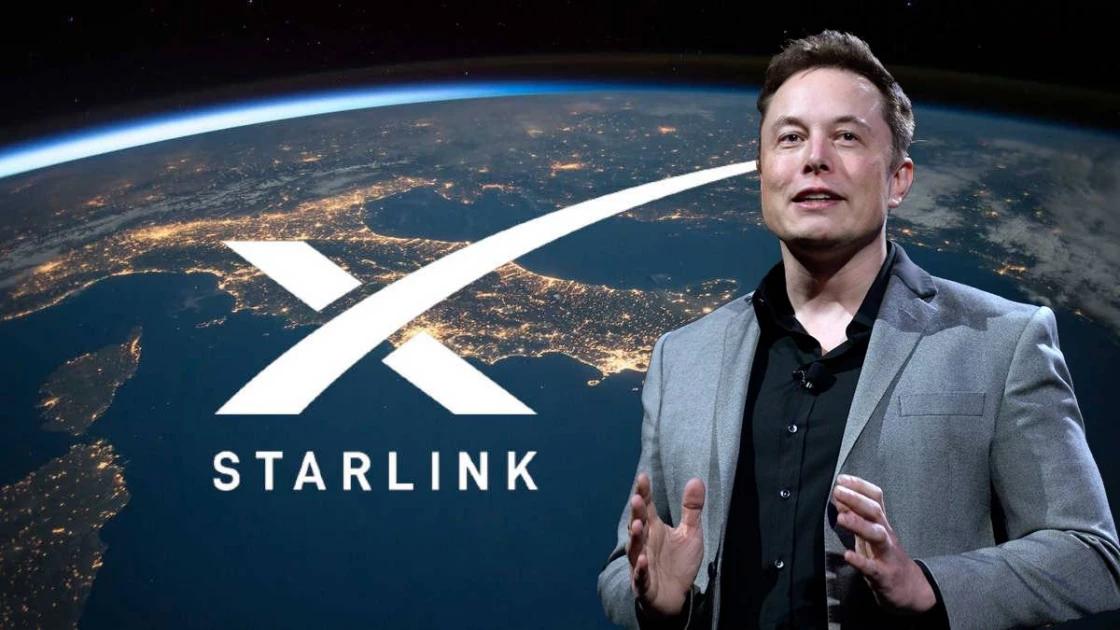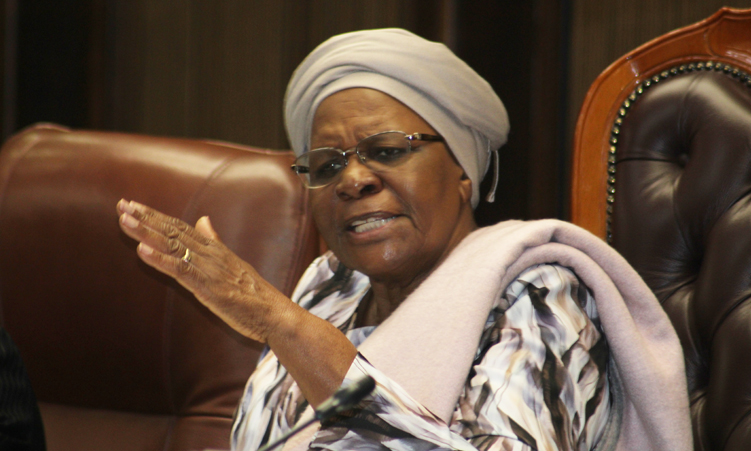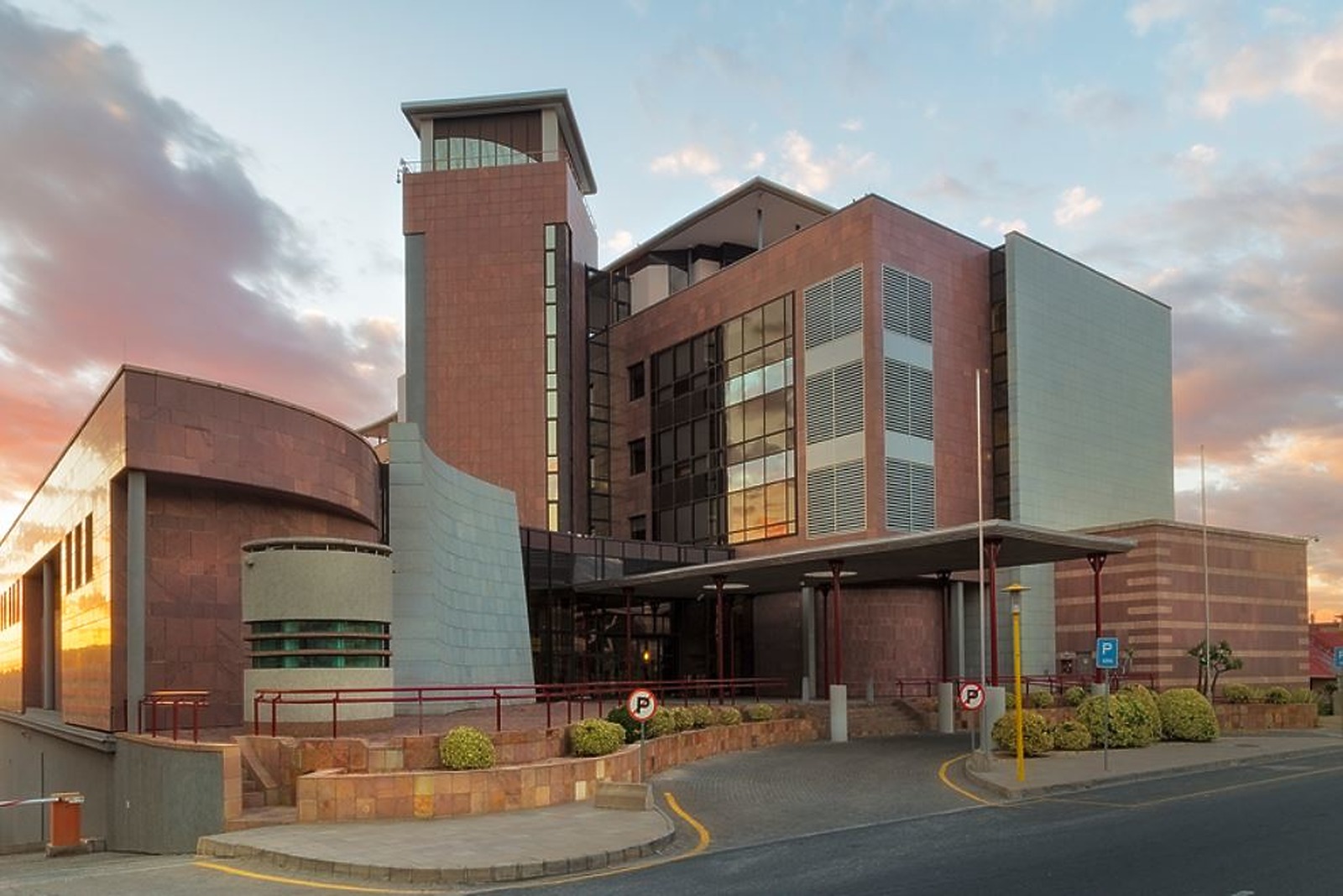Lesotho on Monday granted a licence to tech billionaire Elon Musk’s Starlink satellite internet service, hours after denying it was fast-tracking the process as part of the United States (US) tariff concessions.
The small African nation was hit this month with tariffs of 50% on goods exported to the US – the highest for any single nation on president Donald Trump’s now-paused reciprocal tariffs list.
The levies were reduced last week to 10% for a 90-day reprieve.
The Lesotho Communications Authority said Starlink – owned by Trump’s close adviser Musk – made its application in April 2024 and would be issued with a licence valid for 10 years.
“This landmark decision marks a significant step forward in the country’s digital transformation,” it said in a statement.
The approval came hours after foreign minister Lejone Mpotjoane denied media reports that Maseru had offered to expedite the process to get a favourable trade deal under the pressure of the high tariffs.
“The licence application and the tariff negotiations should not be conflated,” Mpotjoane says.
He was speaking following media reports which cited prime minister Sam Matekane as saying the government was working to remove “obstacles to US investment”.
Addressing an investment conference last week, Matekane said the move would extend to Starlink, energy and hospitality venture approvals.
“I believe the prime minister was referring to non-tariff barriers that must be addressed to strengthen trade between Lesotho and other countries, including the US,” says Mpotjoane.
Lesotho plans to send a delegation to the US to plead its case, fearing more than 12 000 job losses, mostly in its valuable textile industry.
The country has already written to Washington over the tariffs through a diplomatic note, the foreign ministry says.
Lesotho ranks among the world’s poorest countries despite huge mineral reserves.
Its annual gross domestic product of US$2 billion (about N$36.6 billion) is highly reliant on exports, mostly of textiles, including jeans.
The clothing industry is the largest employer in the mountainous nation of around 2.3 million people.
Starlink operates in at least 20 countries in Africa, including Somalia which approved its licence on Sunday.
Stay informed with The Namibian – your source for credible journalism. Get in-depth reporting and opinions for
only N$85 a month. Invest in journalism, invest in democracy –
Subscribe Now!










